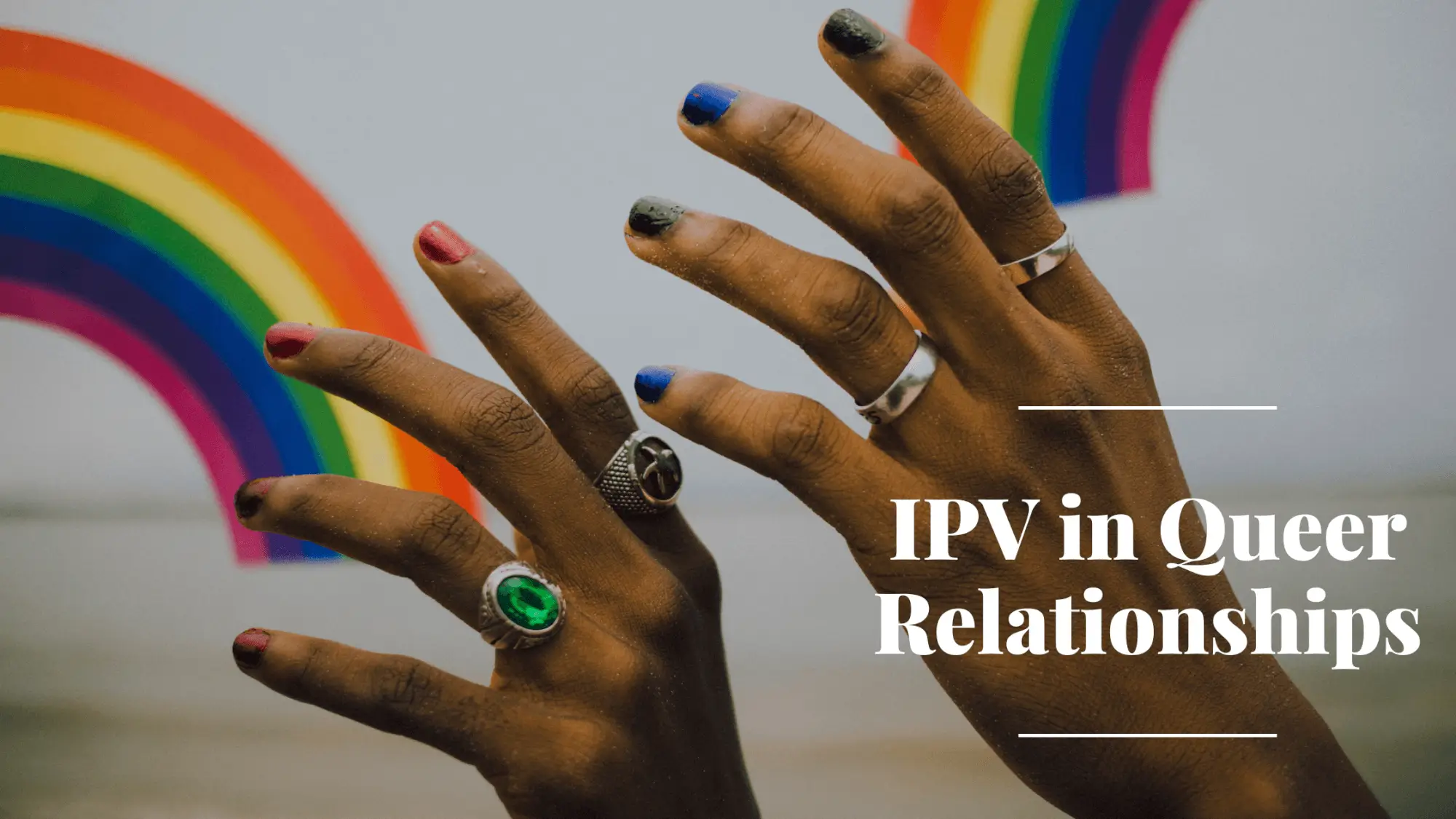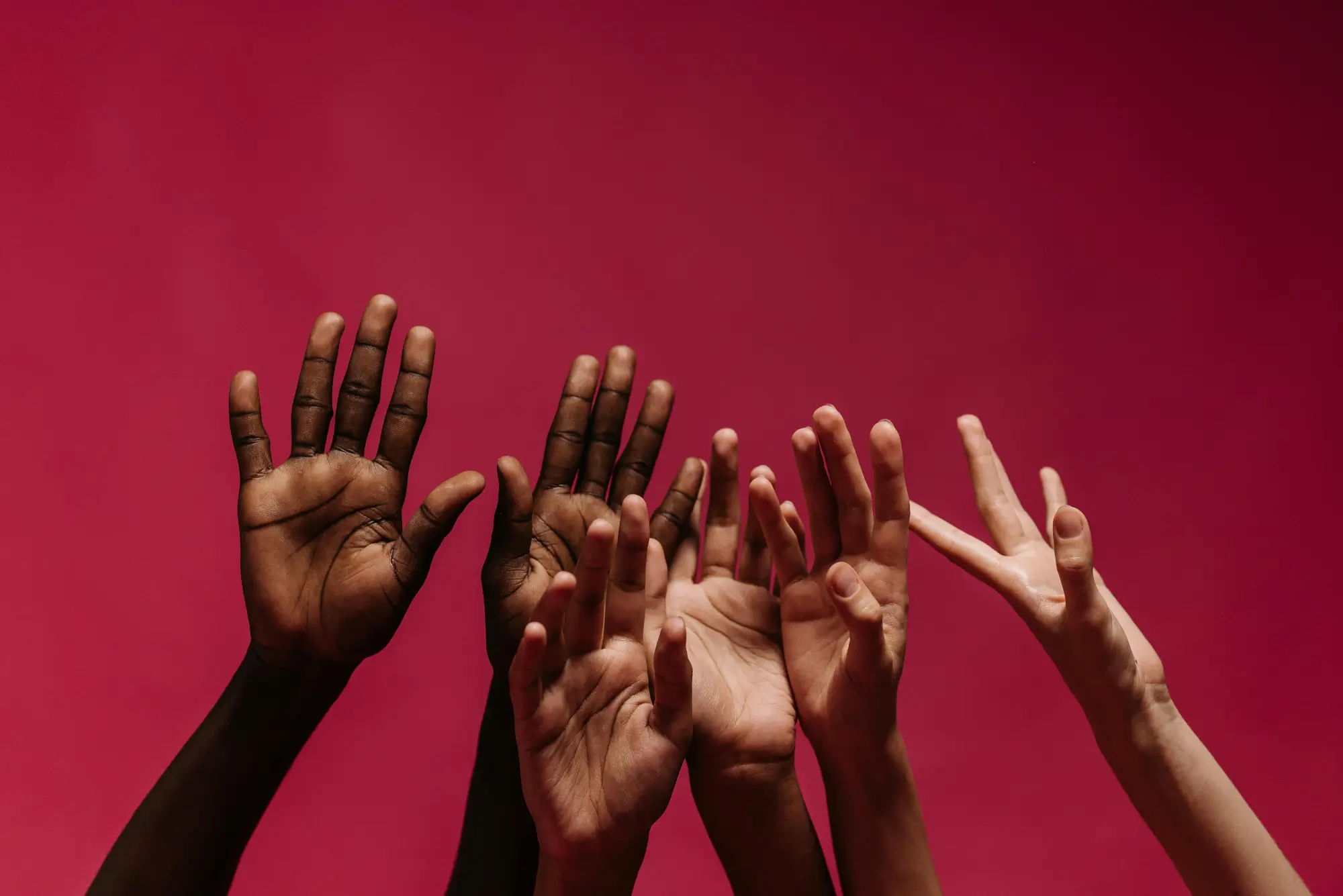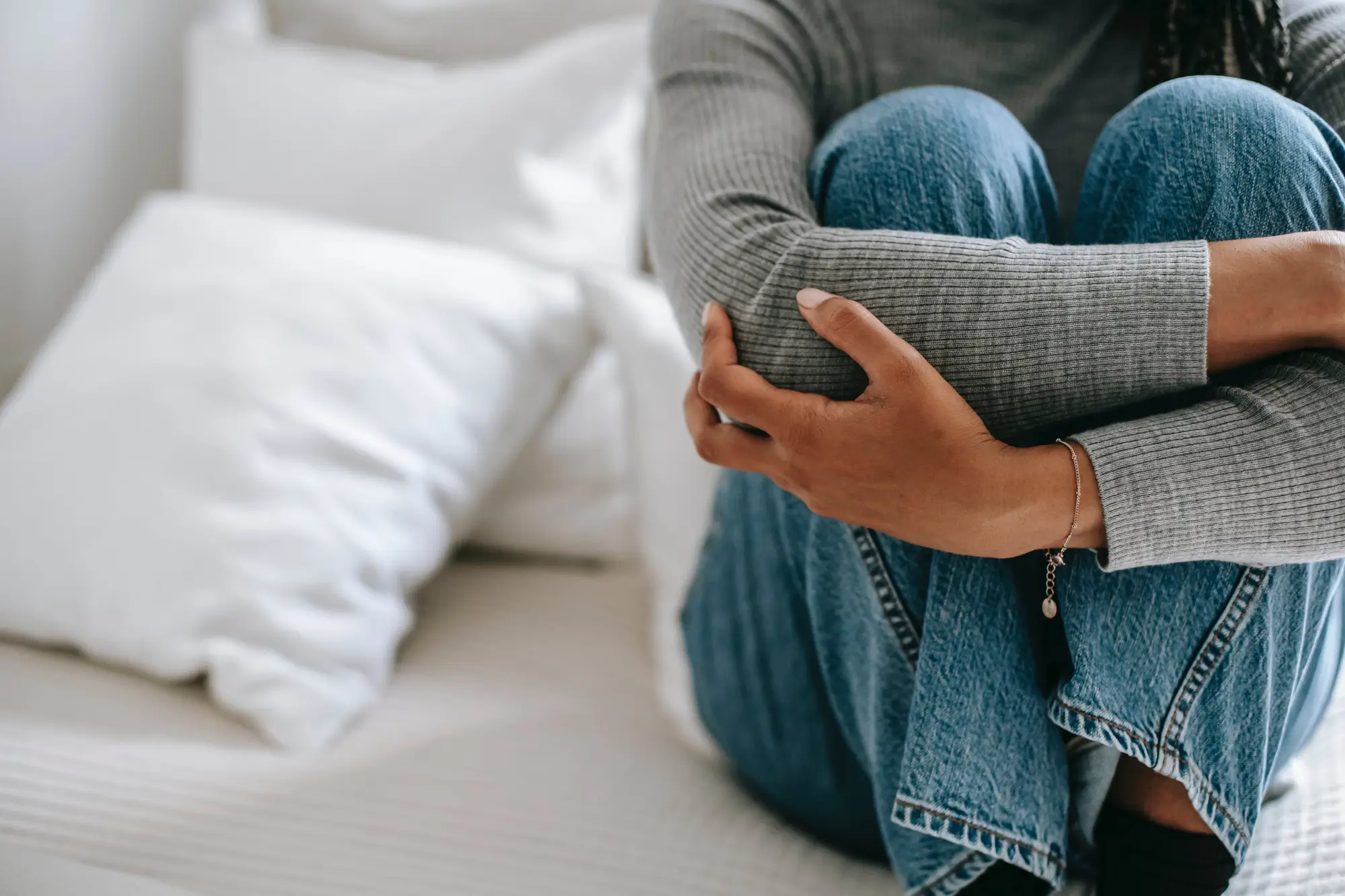
By Abbey Underwood
Although conversations about domestic violence frequently center on heterosexual relationships, abuse can impact individuals of all sexual orientations and genders. Studies show that abuse occurs in LGBTQIA+ relationships at similar rates to the general population. In some cases, the rates may even be higher.
Bisexual women and trans folks are particularly likely to face domestic violence in their lifetimes. The CDC estimates that 61.1% of bisexual women will experience a form of intimate partner violence, compared to 43% of lesbian women and 35% of heterosexual women. Transgender individuals experience IPV at a rate of 54% and are more likely to encounter public abuse compared to other populations.
Abusers may use their partner’s LGBTQIA+ identity to maintain power and control. One common method of abuse is to threaten to reveal a partner’s gender identity or sexual orientation to friends, family, or employers. Other methods of abuse include:
Questioning or ridiculing a partner’s identity (as a lesbian, man, woman, etc.)
Destroying clothing, prosthetics, or other items needed for partner’s gender expression
Isolating partner from other LGBTQIA+ people
Questioning partner’s sexual orientation if they object to violence, or claiming that violence is the norm in LGBTQIA+ relationships
Demanding that a partner change their dress, hair, behavior, or friends in order to look straight or not look straight
Preventing a partner from accessing gender-affirming medical care (e.g., preventing a partner from taking hormones)
Unfortunately, LGBTQIA+ survivors often face extra barriers to getting help. Sharing their story of abuse may require coming out to family, friends, or their broader community – a revelation which may place them at risk for further violence or isolation. Survivors may also worry that sharing their experience of violence could fuel bias against LGBTQIA+ relationships.
LGBTQIA+ survivors may avoid reaching out to service providers or law enforcement agencies for fear of harassment or discrimination. In 2012, fewer than 5% of LGBTQ survivors sought orders of protection. 45% of victims do not report the violence they experience to law enforcement because they believe reporting will not help them.
Here at Peace at Home, we recognize that LGBTQIA+ survivors have too often been ignored or victimized by the systems that should protect them. We are committed to empowering all survivors. That means recognizing the unique challenges faced by the LGBTQIA+ community, advocating for change, and constantly improving our services to better meet the needs of LGBTQIA+ survivors.
We offer several helpful services, all completely free and optional.
Trained advocates that support you in reaching your goals, including a dedicated LGBTQIA+ advocate
90-day emergency shelter in a secure, protected location
Vouchers to shop for free at our thrift store to replace clothing, furniture, and other essentials
Two rental assistance programs
A legal team that assists with custody cases and applying for Orders of Protection
Bilingual counseling services
Domestic violence support groups
Call us on our 24/7 Help Line at 479.442.9811 and a trained advocate will be on the line to help you. You can also call our Help Line if you are looking for more information for a friend or family member or would like more information to refer community members to our services.



